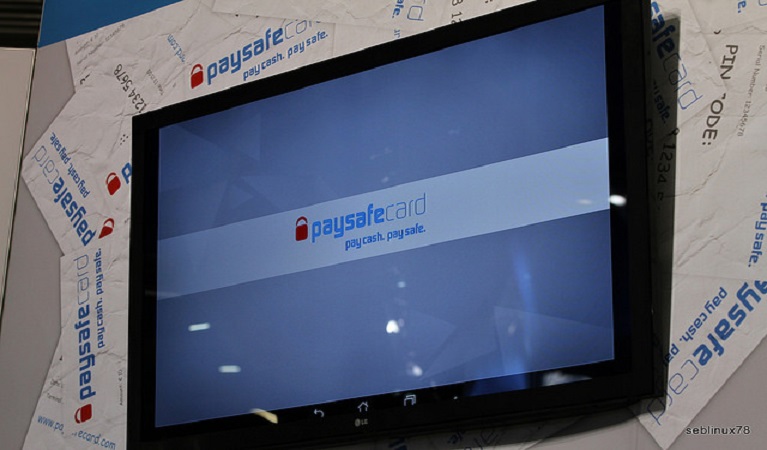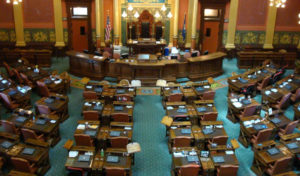While poker has been vastly left out from the endorsement of sports betting, I believe the two are somewhat connected. New Jersey’s resounding victory in court on 14 May de facto paved the way of a legalized betting industry. But the implications, I have an inkling, may go much farther out than what we thought.
One of the biggest challenges we have experienced as online gamblers in the United States was that a significant number of card transactions was shot dead, and we had to resort to all sorts of unpopular ways to push through our money to the bookmaker.
This has created tension, additional fees, and generally much insecurity on both sides of the client-operator spectrum. Let’s be honest – it has been years that we have seen people scurry off to the offshore poker industry and deposit money there. Banks have stood adamant in their resolve not to bulge and allow people to have an easy time at depositing gambling funds.
In other words, for us to enjoy online poker in America in full, without having to risk our money at clandestine bookmakers who are powerless in the face of stringent local regulation, we will need to see a glimmer of light in the passing of the New Jersey bill, and possibly shine it right in the very eyes of the regulators themselves.
What Are the Hurdles the Industry Faces?
Paysafe is one of the handfuls of companies that offers a number of payment services to both individuals and business entities. It deploys a wide range of digital wallets, including NETELLER and Skrill, and the company’s also in charge of everyone’s favorite Paysafecard.
As one of the greater and best-established ways to pay around the US, the company’s Business Development Officer, Neil Erlick, has spoken to the Online Poker Report. Before we step into that, we will briefly notice that even where sports betting (and by extension online poker could be legal), such as Will Hill the US, the payment methods are slightly different than what we are used to.
Why? Because the intricate financial network still balks at the idea of letting people use their cards for gambling purposes, as this directly affects them, the financial institutions, exposing them to legal reprimand.
Meanwhile, Erlick has said that the most important aspect to success in processing payments (and legalizing online poker in America, I should think) is to get everyone on the same page. This includes what Paysafe is actually doing by trying to provide the same access to payment options to the variety of US iGaming operators.
Breaking the Mold, But Not Completely
A new set of rules passed in April 2015 could have made it simpler for financial institutions to allow gambling online transactions to take place. However, despite the set of changes to the so-called Merchant Category Codes (MCC), no change came from the financial system. The banks and other involved parties kept their laws intact.
This may be changing, courtesy of New Jersey. And yet, we have so much ahead of us that nothing is certain. And that’s how things have been for a while.







